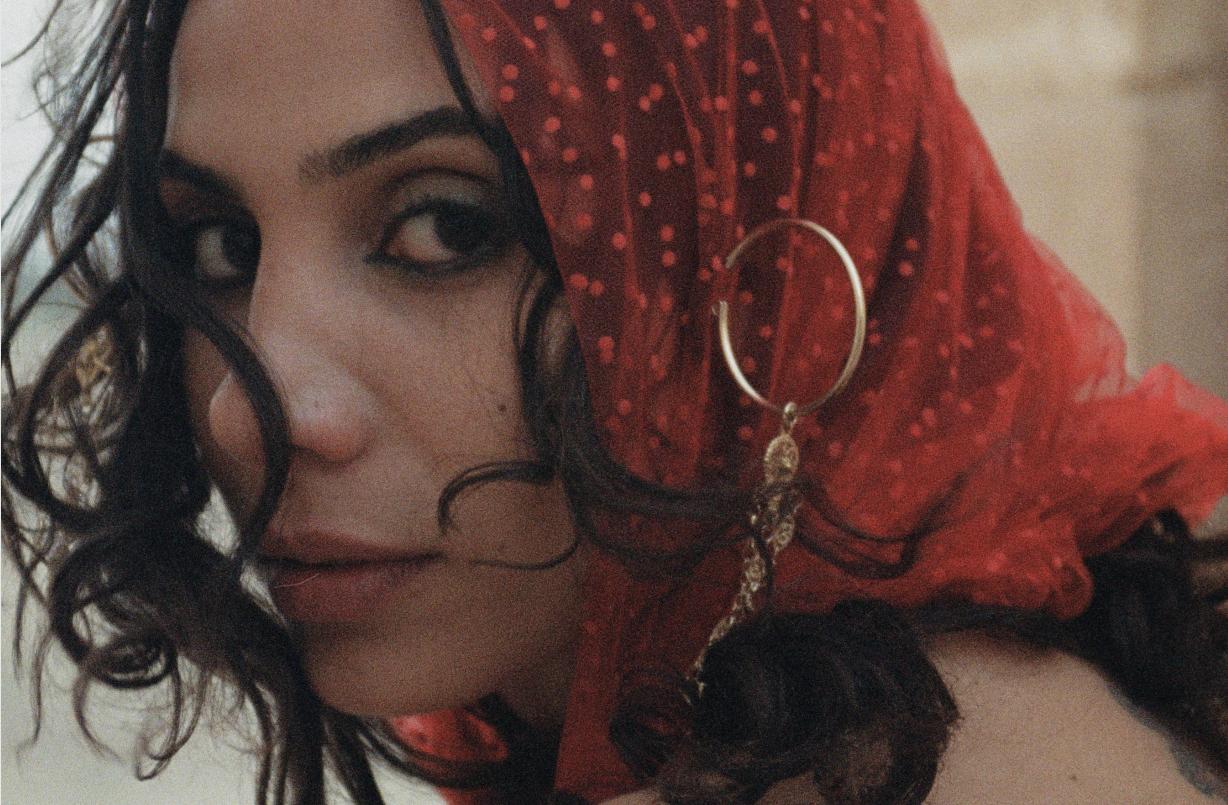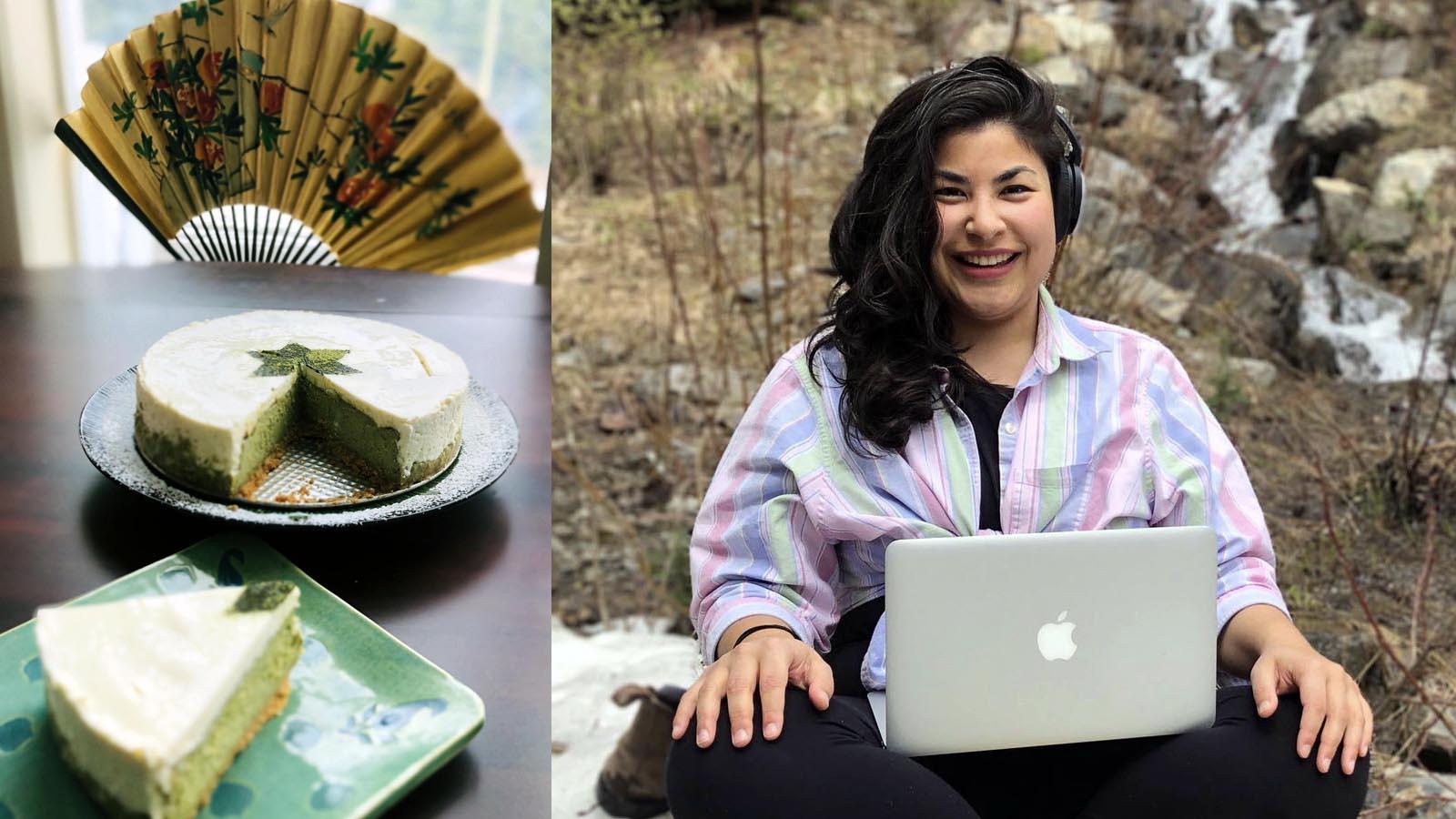Yoshi Silverstein might be the first, and only, Asian cisgender male executive director of a Jewish nonprofit organization.
“That’s a funny claim to fame,” he told me recently during an interview for LUNAR: The Jewish-Asian Film Project, of which I am the Co-creator and Producer. “Let me know if you find someone else out there. I’d love to connect.”
Yoshi runs Cleveland-based Mitsui Collective, whose mission is to build resilient community around nature and wellness, embodied Jewish practice, and racial equity. Founded in 2019, the organization offers programs that promote self-care, creative expression, and long-term resiliency, with a particular emphasis on centering Jews of Color and other folks from marginalized groups.
His unique mishmash of identities, professional and personal, is not all that defines Yoshi, though. “I typically describe myself as a Chinese American Ashkenazi Jew,” he said. “But there’s so much that’s not caught in that. When I think of cultural background, the sense of home I feel in the inland Northwest and being in mountains is also really core to that.”
Yoshi grew up camping in the Cascade Mountains with friends every summer, and skiing in the Northern Rocky Mountains with his family every winter. To his family, being immersed in nature was a priority, and in our conversation Yoshi wondered whether this might reflect the disconnection his parents felt from their own ancestral homelands.
Both of Yoshi’s parents were brought up in diaspora—his mother in Houston, Texas, and his father in Southern California. His maternal grandmother, whose parents were from China, was born and raised in Guyana during British colonial occupation. His father is a second-generation American Ashkenazi Jew.
“I think for diasporic communities, connecting to nature can be a way to connect to place, because of this common sense of un-rootedness or even dispossession from our ancestral homelands,“ he said. “So through nature, we find this new sense of rootedness.”
Yoshi’s passion for nature led him to work as a Jewish Outdoors, Food, Farming, and Environmental Educator (JOFEE) for more than ten years. To Yoshi, the tension between the Hebrew terms of ger (stranger) and ezrach (citizen) perfectly represents how Jewish tradition connects to nature. Being a diasporic community, Jews are constantly strangers in their adopted lands striving for citizenship, just like the gergir berry (which shares the same root as ger) in the Torah looking for a new place to take root once it falls off the plant. Ezrach in Hebrew also has a dual meaning as “deeply rooted native tree,” which alludes to how Jews have found citizenship and new rootedness across the world.
Food is also an important way that Yoshi connects to his family story. Instead of traditional Ashkenazi foods, Yoshi grew up eating classic Pacific Northwest dishes—fresh Pacific salmon, stir fried veggies, avocados, brown rice, and his dad’s freshly baked whole grain bread—as well as Chinese dishes prepared by his grandfather, such as roast duck, soy sauce chicken, barbecue pork (until his family started keeping kosher), and steamed bao for special occasions. We instantly bonded over our families’ shared affinity for fu zhu (fu chuk in Cantonese), a staple in Cantonese dishes and soups.
When thinking about why food became the dominant cultural influence in his life, Yoshi pointed again to his diasporic upbringing, and the resulting disconnect from language and community. “Her family being from Guyana, my mother felt this separation and difference between her family and other Chinese families in Houston who were directly from China,” he said. “And there was also the language barrier, since neither my mom nor my grandma spoke Mandarin.”
Due to these cultural gaps, Yoshi believes for much of his life, his Jewish heritage dominated his more submerged Asian identity. He recalls reading The Jew in the Lotus, a book that explores the history of Jews learning from Buddhism and Eastern spirituality, and discusses how Jews can look within our own tradition to find practices of mindfulness. While reading it, he almost entirely identified with the non-Asian, Ashkenazi side of the story.
“It was a mind-blowing realization, the extent to which I had come to so strongly identify with my Jewish/Ashkenazi heritage that I didn’t even think to realize that I had just as much ownership and access to the other side of that story,” he said.
Mitsui Collective grew out of Yoshi’s desire to create fuller spaces for mixed-race folks like the two of us, where we don’t feel we have to choose only one of our identities. This work is part of his longer journey of building a more cohesive identity. For example, he has begun to more deeply explore Hebrew scribal art (sofrut) and ways to tie it to the practice of Chinese calligraphy.
“For so long, my Chinese identity was adjunct to my Jewish identity, and even if they existed equally, they were very separate,” he said. “A lot of my work personally and professionally now is finding ways to integrate those [identities] and make new meaning and new traditions.”








